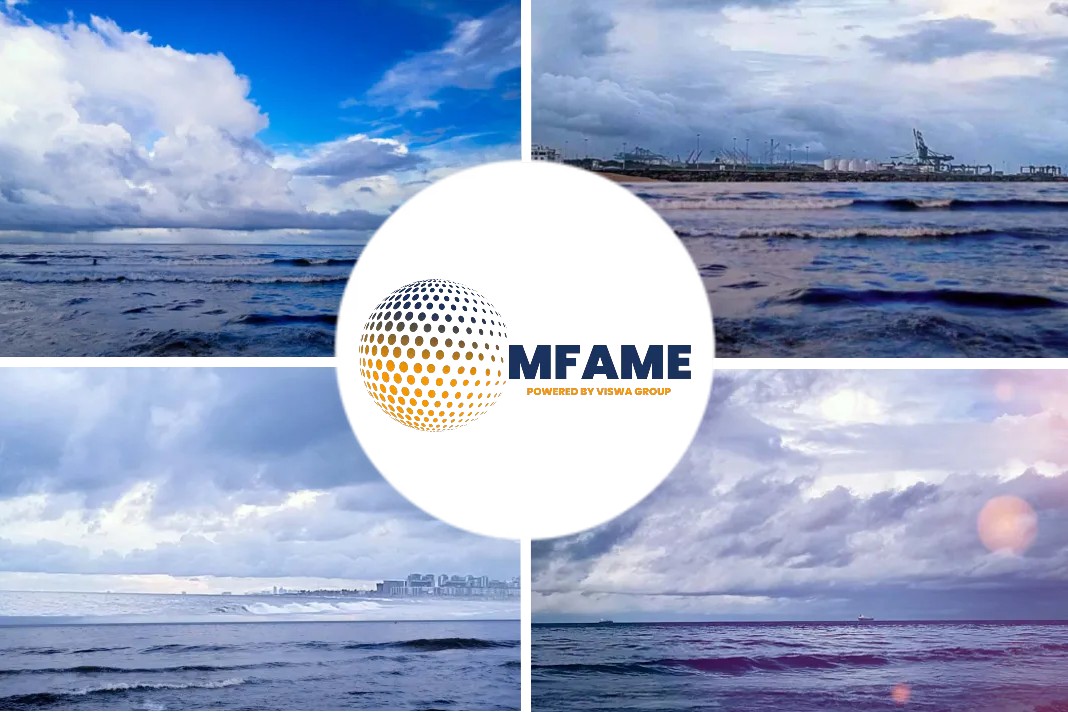If you want to know how bad the Ever Given situation in the Suez Canal could have got, look no further than the MV Golden Ray in the United States, reports gcaptain.
Cutting of Section Seven
The car carrier had some 4,200 vehicles on board when it lost stability near the Port of Brunswick in September 8, 2019 and it remains overturned on a sandbar in St. Simons Sound, Georgia, where crews continue work to cut up and remove the wreck section by section. With the exception of a limited number of vehicles and the sections that have already been removed, all of the cars remain inside the ship’s holds.
In the latest update from incident command, crews have returned to tackle the cutting of “Section Seven” which they had previously abandoned to work on another section of the wreck. Section seven contains the ship’s engine room and has so been the hardest to cut.
Transportation to a Recycling Facility
Over the wreck is the VB-10000, a giant heavy lift catamaran that has been equipped with a chain used to cut through the ship’s hull in seven places, separating the wreck into eight sections. Once separated, the VB-10000 lifts the section onto a barge for sea fastening and transportation to a recycling facility in Louisiana.
All the work is being conducted inside a constructed Environmental Protection Barrier to prevent the spread of pollution. Oil spill response vessels respond to oil sheens and debris on the water around the wreck site, while survey teams also assess the shoreline. All are part of a multi-layer approach for observing, surveying, documenting and mitigating any releases of oil or debris during cutting and lifting operations.
Hydrographic Surveys
Cutting work began back in November and so far crews have completed the cutting and removal of three sections (two from the bow and one from the stern). Fixed monitors and hydrographic surveys continue to confirm that the wreck remains stable.
An operation is now underway to align the cutting chain in the cut groove for Section Seven. Once in place, cutting of the section is expected to continue. Engineers are using shots of R5 anchor chain which is the highest standard for offshore mooring chains, the Unified Command said.
Drilling Additional Drainage
Meanwhile, weight-shedding operations involved removing approximately 100 vehicles from Section Seven and approximately 120 vehicles from Section Three. In addition to removing vehicles, the operation involves drilling additional drainage holes and using water streams to mitigate increased weight in the sections due to large accumulations of sediment.
Although work continues to move forward, a timeline for the wreck’s complete removal remains highly uncertain due to the complex nature of the operation.
Requires Expert Planning and Preparation
“Each step in the process of safely separating a section of the Golden Ray requires expert planning and preparation,” said U.S. Coast Guard Cmdr. Efren Lopez, federal on-scene coordinator. “We remain focused on our priorities of worker and public safety while safeguarding the surrounding environment and the shipping channel.”
Unlike the Ever Given situation, the Golden Ray is not blocking the shipping channel and the Port of Brunswick is not a critical global choke-point like the Suez Canal. But it just goes to show how complicated (and lengthy) salvage and wreck removal can get especially considering the Golden Ray is only about half the size of the Ever Given.
Did you subscribe to our daily newsletter?
It’s Free! Click here to Subscribe!
Source : gcaptain






















